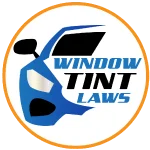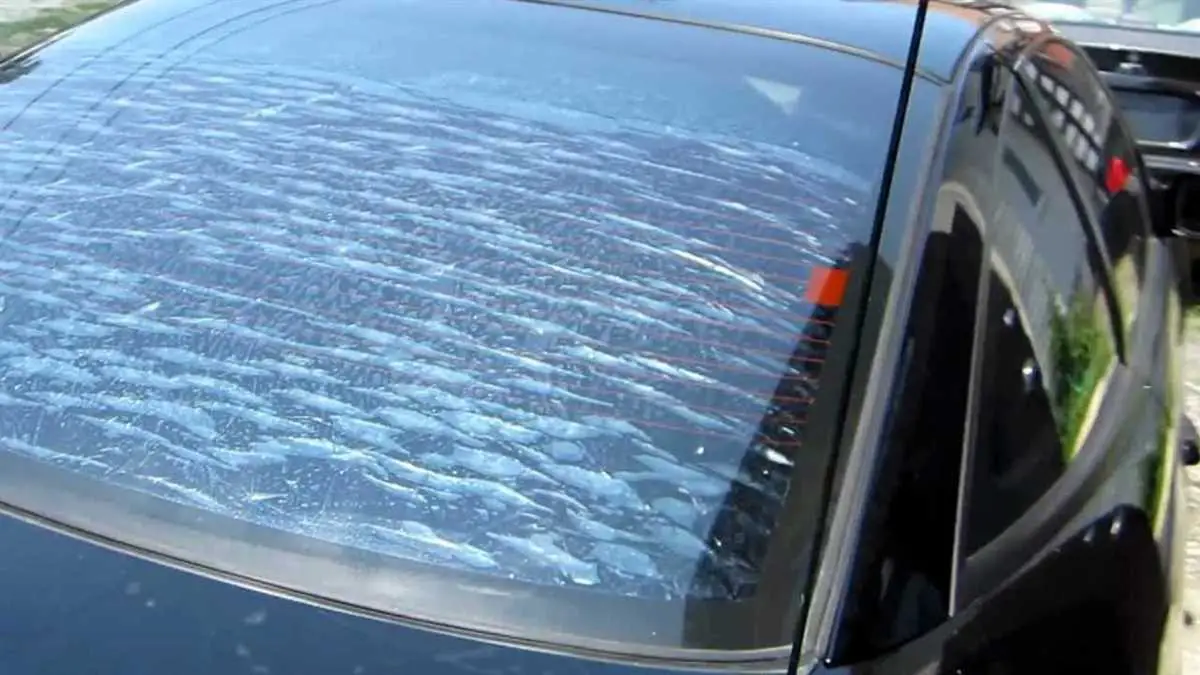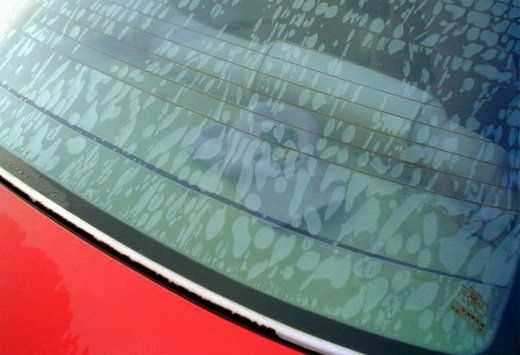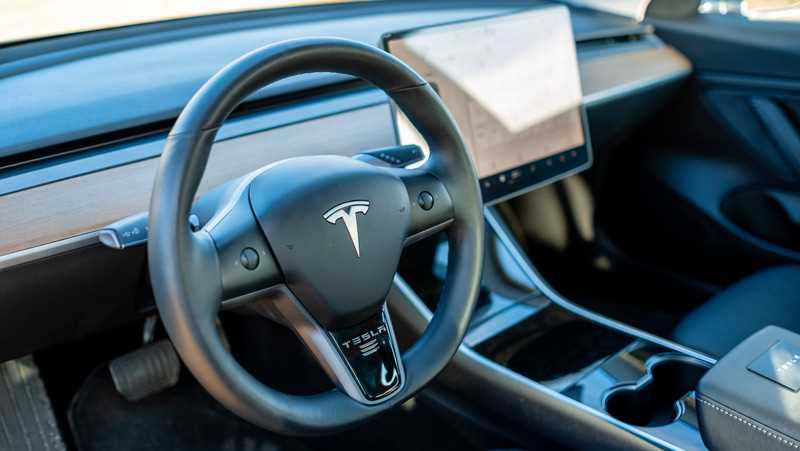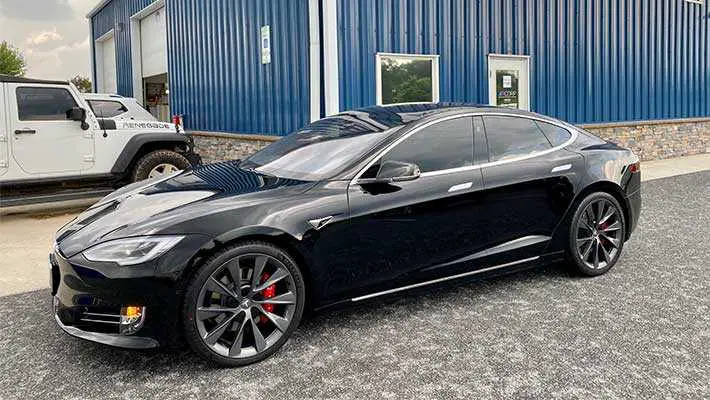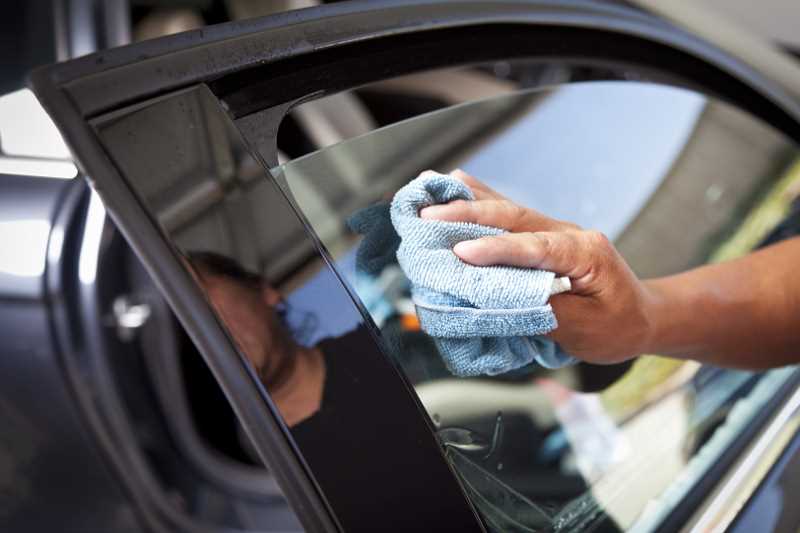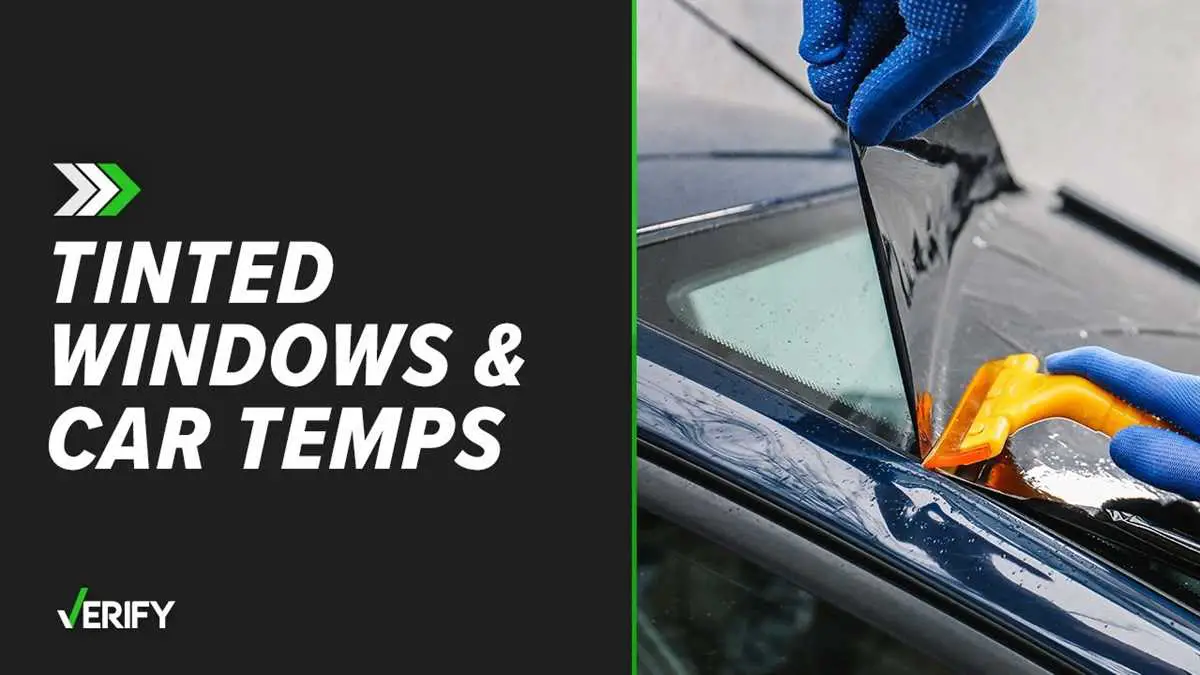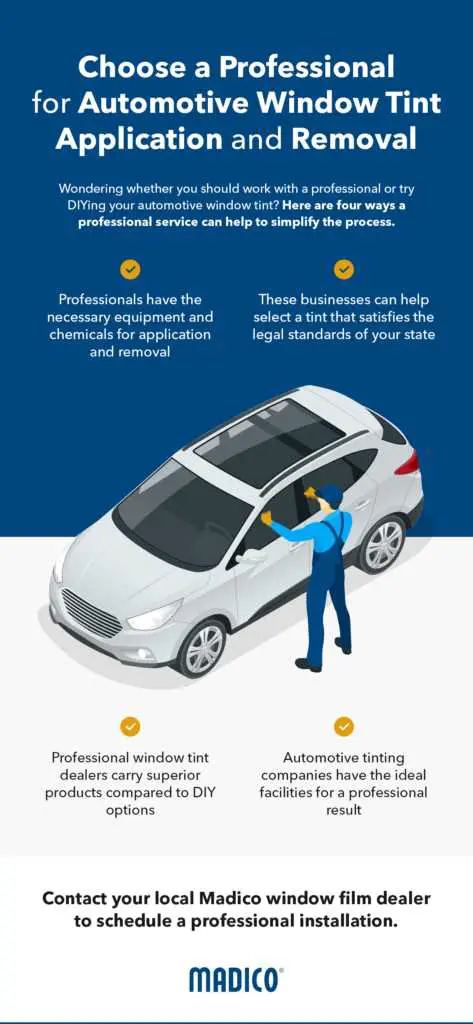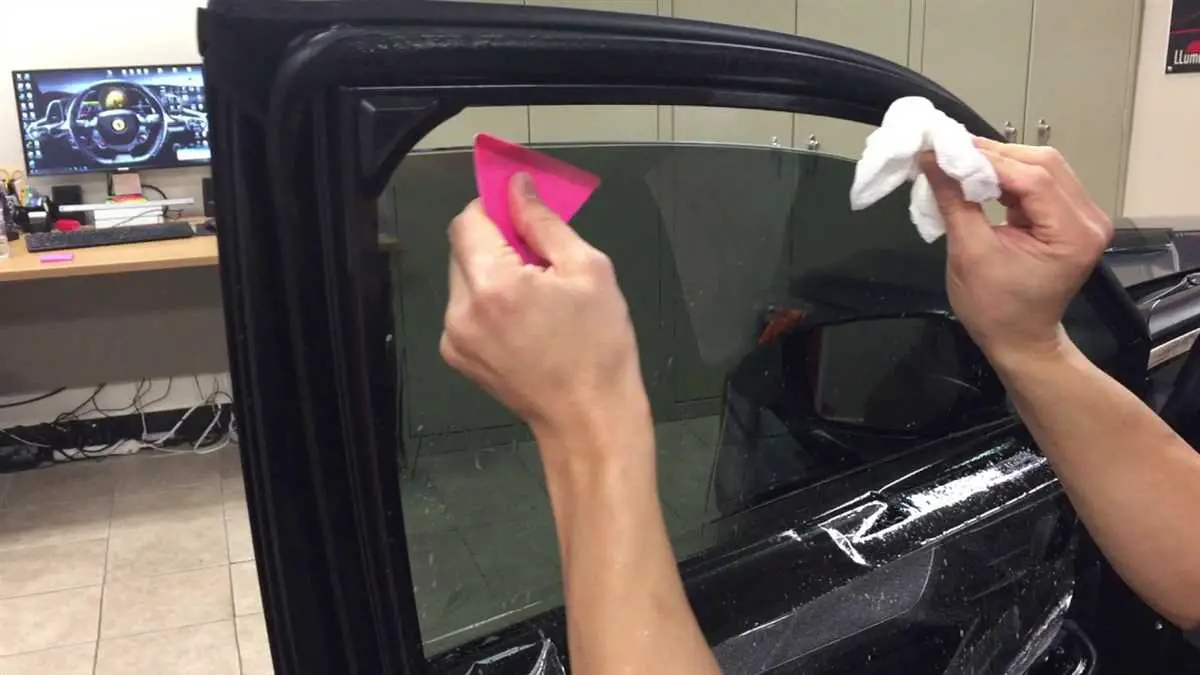Xpel Window Tint is a popular choice among car owners who are looking to protect their vehicle’s interior from harmful UV rays and excessive heat. With its advanced technology and high-quality materials, Xpel Window Tint offers a range of benefits that make it a great option for any car.
One of the key advantages of Xpel Window Tint is its ability to block up to 99% of UV rays. This is crucial for protecting your skin and preventing your car’s upholstery from fading or cracking over time. The tint also helps to reduce glare, making it easier and safer to drive in bright sunlight.
In addition to UV protection, Xpel Window Tint also offers excellent heat rejection properties. This means that it can help to keep your car’s interior cool, even on the hottest of days. By reducing the amount of heat that enters your vehicle, Xpel Window Tint can make your drives more comfortable and enjoyable.
Furthermore, Xpel Window Tint is known for its durability and longevity. The film is scratch-resistant, ensuring that it will continue to look great even after years of use. It is also easy to maintain and clean, allowing you to keep your windows looking clear and streak-free.
Overall, Xpel Window Tint is a high-quality product that offers a range of benefits for car owners. Its UV protection, heat rejection, durability, and ease of maintenance make it a standout choice in the window tint market. So, if you’re looking for an effective and reliable window tint for your car, Xpel is definitely worth considering.
Why Choose Xpel Window Tint
When it comes to window tinting options, Xpel Window Tint is a top choice for many customers. There are several reasons why Xpel stands out among its competitors.
1. Superior Quality: Xpel Window Tint is known for its exceptional quality. The films are created with advanced technology, ensuring maximum performance and durability. Xpel films are designed to last for many years, without fading or discoloration.
2. Heat Rejection: Xpel Window Tint offers excellent heat rejection properties. The films block a significant amount of heat from entering the vehicle, keeping it cooler during hot summer days. This not only enhances the comfort of the driver and passengers but also reduces the need for excessive air conditioning, thus saving fuel.
3. UV Protection: Xpel Window Tint provides a high level of UV protection. The films block up to 99% of harmful UV rays, helping to prevent damage to the interior of the vehicle and protecting the skin of the occupants from the dangers of prolonged sun exposure.
4. Glare Reduction: Xpel Window Tint effectively reduces glare from the sun, headlights, and other artificial lights. This improves visibility and reduces eye strain for the driver, ensuring a safer and more comfortable driving experience.
5. Privacy: Xpel Window Tint adds a layer of privacy to your vehicle. It limits the view into the car, increasing security and protecting your belongings from prying eyes.
6. Enhanced Appearance: Xpel Window Tint enhances the overall appearance of your vehicle. With a variety of shades and colors to choose from, you can customize the look of your car and give it a sleek, stylish appearance.
7. Professional Installation: Xpel Window Tint is best installed by professionals who have the knowledge and expertise to do the job right. Xpel authorized dealers are trained to install the films accurately and efficiently, ensuring a flawless finish.
In conclusion, Xpel Window Tint offers superior quality, excellent heat rejection, UV protection, glare reduction, privacy, enhanced appearance, and professional installation. Choosing Xpel ensures that you get the best window tinting solution for your vehicle, providing numerous benefits for your comfort, safety, and style.
Benefits of Xpel Window Tint
Xpel Window Tint provides numerous benefits for both drivers and passengers. Here are some of the key advantages:
| Protection | The Xpel Window Tint helps to protect the interior of your car from harmful UV rays, reducing the risk of fading or cracking. It also provides heat rejection, keeping the cabin cool during hot summer months. |
| Privacy | With Xpel Window Tint, you can enjoy enhanced privacy while driving. It offers a darkened appearance, preventing outsiders from peering into your vehicle. |
| Glare Reduction | The tinting film effectively reduces glare from the sun, making it easier and safer to drive, especially during bright and sunny conditions. |
| Skin Protection | The Xpel Window Tint blocks up to 99% of harmful UV rays, which not only helps to protect your car’s interior but also safeguards your skin from their damaging effects. |
| Enhanced Comfort | The tinted windows keep the interior cooler, reducing the need for excessive air conditioning. This results in improved fuel efficiency and overall comfort for both the driver and passengers. |
| Safety | By reducing glare and providing increased privacy, Xpel Window Tint contributes to safer driving by improving visibility and reducing distractions. |
| Customization | Xpel Window Tint is available in various shades and levels of darkness, allowing drivers to customize the look of their vehicle while enjoying the benefits of tinted windows. |
Overall, Xpel Window Tint offers numerous advantages that can enhance comfort, safety, and protection while driving. Whether it’s for aesthetics or practical reasons, investing in quality window tint can be a worthwhile decision.
Top Features of Xpel Window Tint
Xpel Window Tint offers a range of impressive features that make it stand out from other window tint options on the market:
1. Superior Heat Rejection: Xpel Window Tint is designed to block out a significant amount of heat, helping to keep the interior of your car cool and comfortable even on the hottest days.
2. Enhanced Privacy: With Xpel Window Tint, you can enjoy increased privacy while driving or parked. The tint darkens the windows, making it difficult for passersby to see inside your vehicle.
3. UV Protection: Xpel Window Tint blocks up to 99% of harmful UV rays, helping to protect your skin and reduce fading of your car’s interior upholstery.
4. Glare Reduction: The tint film effectively reduces glare from the sun, headlights, and other bright lights, improving visibility and making your driving experience safer and more comfortable.
5. Scratch-Resistant Coating: Xpel Window Tint is equipped with a durable scratch-resistant coating that helps to maintain the pristine appearance of your car’s windows over time.
6. Easy Installation: Xpel Window Tint is designed for easy installation, allowing for quick and hassle-free application to your car’s windows.
7. Variety of Shades: Xpel offers a range of tint shades to choose from, allowing you to find the perfect balance of style and functionality for your car.
8. Long-Lasting Performance: Xpel Window Tint is built to last, providing reliable performance for years to come without peeling, bubbling, or fading.
Overall, Xpel Window Tint offers a combination of superior heat rejection, enhanced privacy, UV protection, glare reduction, scratch resistance, easy installation, a variety of shades, and long-lasting performance. These top features make it an excellent choice for anyone looking to enhance their driving experience and protect their car.
Xpel Window Tint and UV Protection
When it comes to window tinting, Xpel is a brand that stands out for its exceptional quality and performance. One of the key benefits of Xpel window tint is its ability to provide excellent UV protection.
UV rays from the sun can be harmful to your skin and can also cause damage to the interior of your car. Xpel window tint is designed to block up to 99% of the sun’s harmful UV rays, helping to protect both you and your vehicle.
Not only does Xpel window tint provide exceptional UV protection, but it also helps to reduce the heat inside your car. By blocking out a significant amount of the sun’s heat, Xpel window tint helps to keep your car cool even on the hottest of days.
In addition to its protective benefits, Xpel window tint also offers privacy and glare reduction. The tinted film not only enhances the appearance of your car but also helps to reduce the glare from the sun and headlights, providing a more comfortable driving experience.
Furthermore, Xpel window tint is highly durable and long-lasting, ensuring that it will continue to provide its benefits for years to come. The film is resistant to fading, peeling, and bubbling, even under harsh weather conditions.
Overall, Xpel window tint is an excellent choice for anyone looking to enhance the aesthetics of their car while also providing protection from harmful UV rays. With its exceptional quality, durability, and performance, Xpel window tint is a wise investment for any vehicle owner.
Xpel Window Tint and Heat Rejection
When it comes to window tint, Xpel is a brand that is well-known for its quality and performance. One of the key factors that sets Xpel window tint apart from other brands is its ability to reject heat.
Xpel window tint uses a high-quality film that incorporates advanced nanotechnology. This technology allows the tint to block a significant amount of infrared radiation, which is responsible for the majority of heat transfer. As a result, Xpel window tint can help to keep your vehicle or home cooler, especially during hot summer months.
The heat rejection properties of Xpel window tint are not just beneficial for comfort. They also provide a range of other advantages. By reducing the amount of heat entering a space, Xpel window tint can help to reduce energy consumption and lower cooling costs. This is particularly important in areas with hot climates, where air conditioning can account for a significant portion of energy expenses.
In addition to heat rejection, Xpel window tint offers other benefits such as UV protection. The film is designed to block a high percentage of harmful UV rays, which can cause damage to the skin and fade upholstery. By protecting against UV rays, Xpel window tint helps to maintain the interior of your vehicle or home in better condition over time.
Overall, Xpel window tint is an excellent choice for those looking to improve comfort, reduce energy consumption, and protect against harmful UV rays. Its heat rejection properties, along with other features such as UV protection, make it a worthwhile investment for any vehicle or home.
Customer Reviews of Xpel Window Tint
Looking for customer reviews of Xpel window tint? Read on to see what satisfied customers have to say about their experience with Xpel window tint.
John S.: I recently had Xpel window tint installed on my car, and I couldn’t be happier with the results. The tint looks great and provides excellent UV protection. I highly recommend Xpel window tint to anyone in need of a quality product.
Sarah M.: I’ve had Xpel window tint on my car for over a year now, and it still looks like new. The tint has not faded, and it has held up well against the elements. Plus, it provides a noticeable reduction in heat inside the car. I am extremely pleased with Xpel window tint.
Mark H.: Xpel window tint was recommended to me by a friend, and I’m so glad I listened. The tint was easy to install, and it has made a significant difference in the comfort of my car. It looks sleek and professional as well. I couldn’t be happier with my decision to choose Xpel window tint.
Linda T.: I recently had Xpel window tint installed on my home windows, and I am beyond impressed with the results. The tint adds privacy and reduces glare, making my home much more comfortable. The installation process was quick and easy, and the final result looks fantastic. I highly recommend Xpel window tint for residential use.
David K.: Xpel window tint is top-notch. The product is high-quality and provides excellent sun protection. I have it on my car and also in my home, and I couldn’t be happier with the performance. The Xpel brand is trustworthy and delivers on its promises. I highly recommend Xpel window tint.
Please note that these reviews are based on personal experiences and opinions. Individual results may vary. It is always recommended to consult a professional before making any modifications to your vehicle or home.
